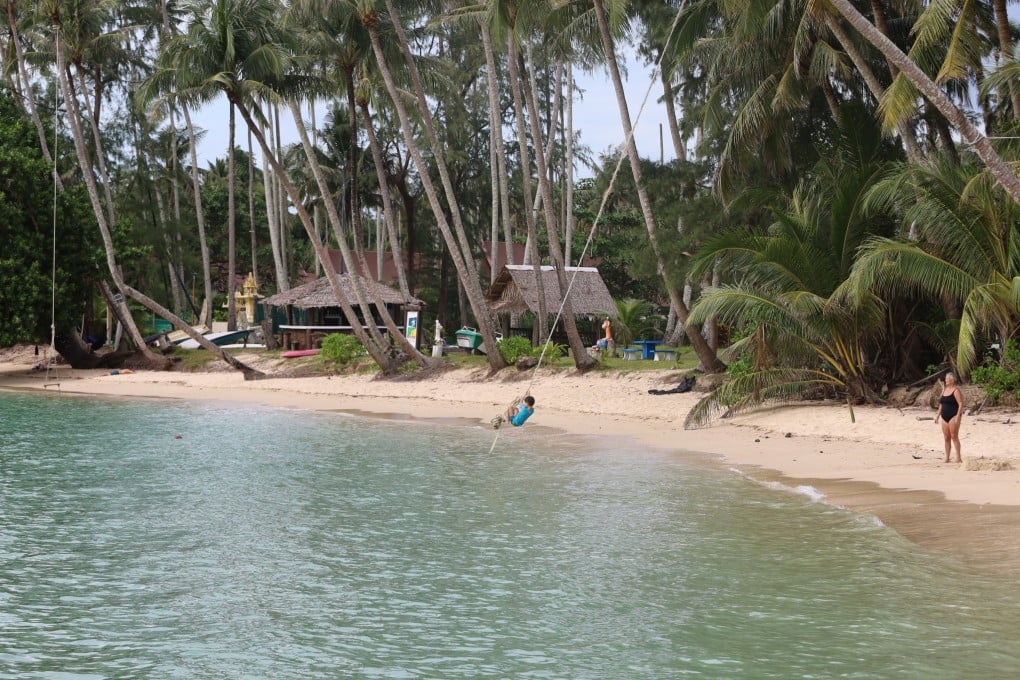Thailand as it was before mass tourism: on Koh Kood and Koh Phayam, get up close with nature and have white-sand beaches almost to yourself
- The crowds are back in Thailand, so if you are planning a trip, avoid tourist hotspots like Koh Phi Phi and Koh Tao and head to some lesser known islands
- Koh Kood has waterfalls, rainforest and sublime white-sand beaches, while Koh Phayam is worth exploring for its rich plant and animal life

Travel publisher Fodor has put Thailand on its “no list” for 2023, advising readers to avoid the overcrowding in tourist hotspots such as Koh Phi Phi, access point for Maya Bay, and dive mecca Koh Tao, where the authorities introduced a tourist user fee in 2022 to thin the crowds.
The 112 sq km (43 square mile) island sits at the very edge of Thai territory. Look east and there is the Cambodian frontier; to the south and west, the Gulf of Thailand merges into the South China Sea; and to the north, the border town of Trat is the Thai mainland’s jumping off point for ferry crossings to Kood.
Approaching on the 40-minute lunchtime crossing, the island’s Buddha statue comes into view, glistening like a lighthouse. And then it is into Kood’s wooden harbour, which evokes a time before Thailand was changed by the tourist baht.

The journey by songthaew – pickup trucks used as public transport – from harbour to hotel along a narrow strip of blacktop that bisects a sea of trees reinforces the idea that Kood has avoided the makeover that islands such as Phuket and Samui have undergone.
Across a river bridge we veer inland, past a buffalo grazing beside an abandoned red bus of 1980s vintage, beyond which I’m deposited at the head of a dirt track.
